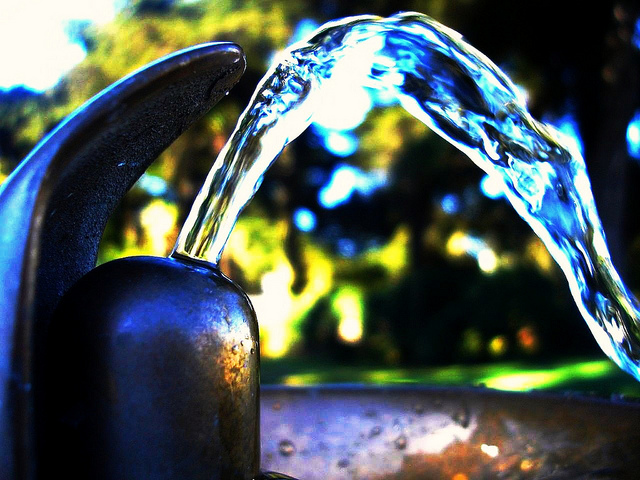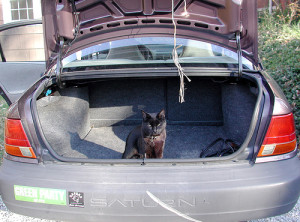 Dehydration means that the body lacks the necessary amount of fluid. Infants and small children are more likely to become dehydrated than older children or adults, because they can lose relatively more fluid quickly.
Dehydration means that the body lacks the necessary amount of fluid. Infants and small children are more likely to become dehydrated than older children or adults, because they can lose relatively more fluid quickly.
Here are some steps to take to make sure children remain hydrated in the summer months:
- Encourage your child to drink plenty of water. On hot days, children should drink significantly more water than usual, as they are losing more due to the heat.
- Do not wait until your child is thirsty to give him water. By the time they feel thirsty, they are already becoming dehydrated.
- If your child is resistant to drinking enough water, have other liquids on hand for your child to drink throughout the day.
- Be alert to changes in behavior. A child may act confused or more irritable when they are becoming dehydrated/overheated. Get them into cooler temperatures and drinking more fluids.
- Dress your child in lightweight clothing in the summer months, particularly if she’ll be playing outdoors in warm weather. You may also consider clothes that are well ventilated as they do not trap heat close to the body.
- When there are heat and/or air quality advisories because the weather is dangerously hot, you should avoid taking the children outdoors. Check with your host parents for further guidance on this topic.
Remember to follow these tips for yourself too, so you stay well hydrated.
Photo: Darwin Bell (Flickr)






